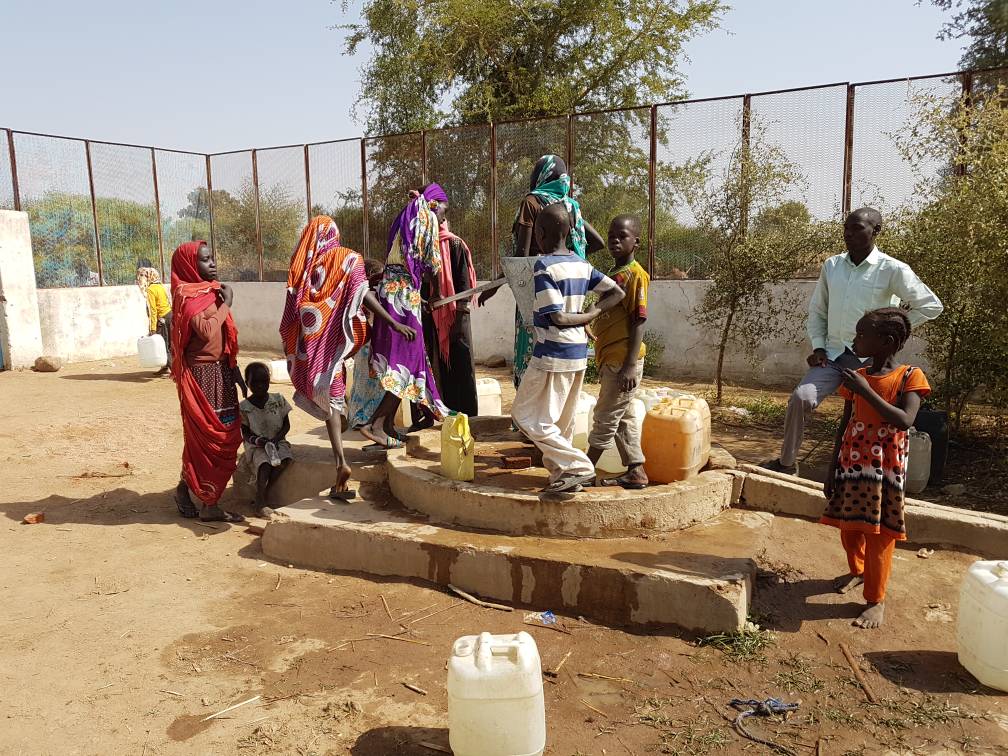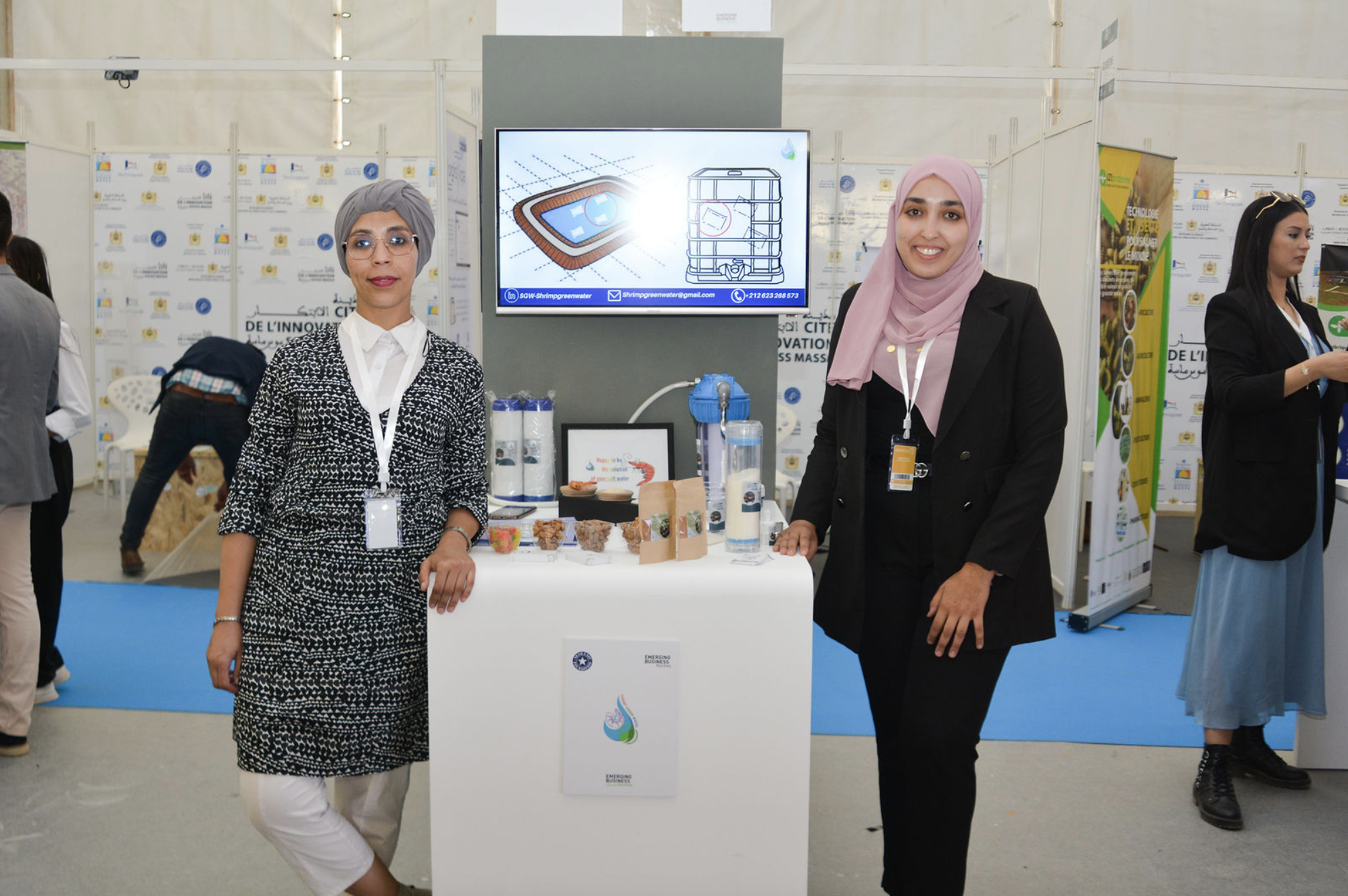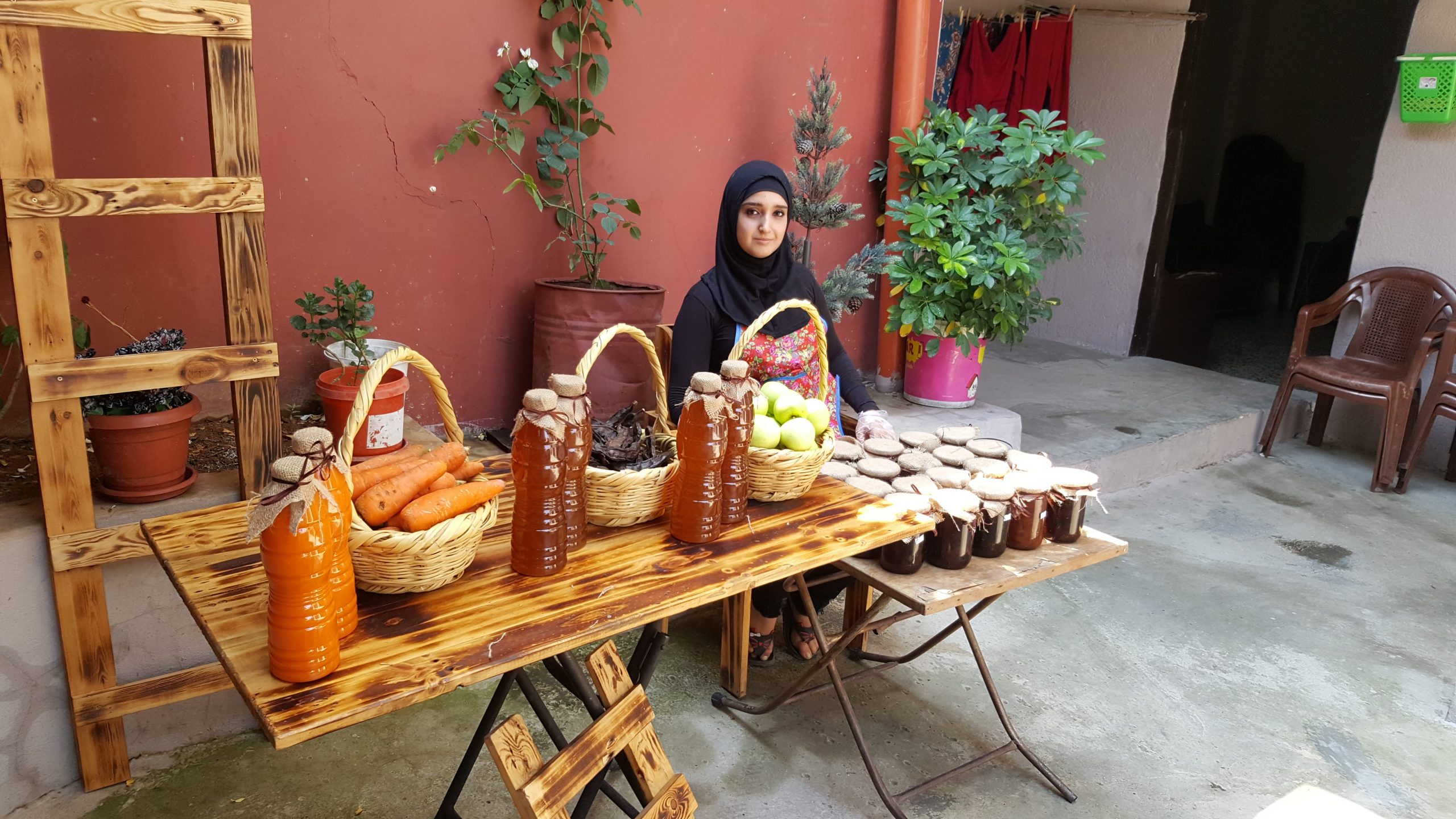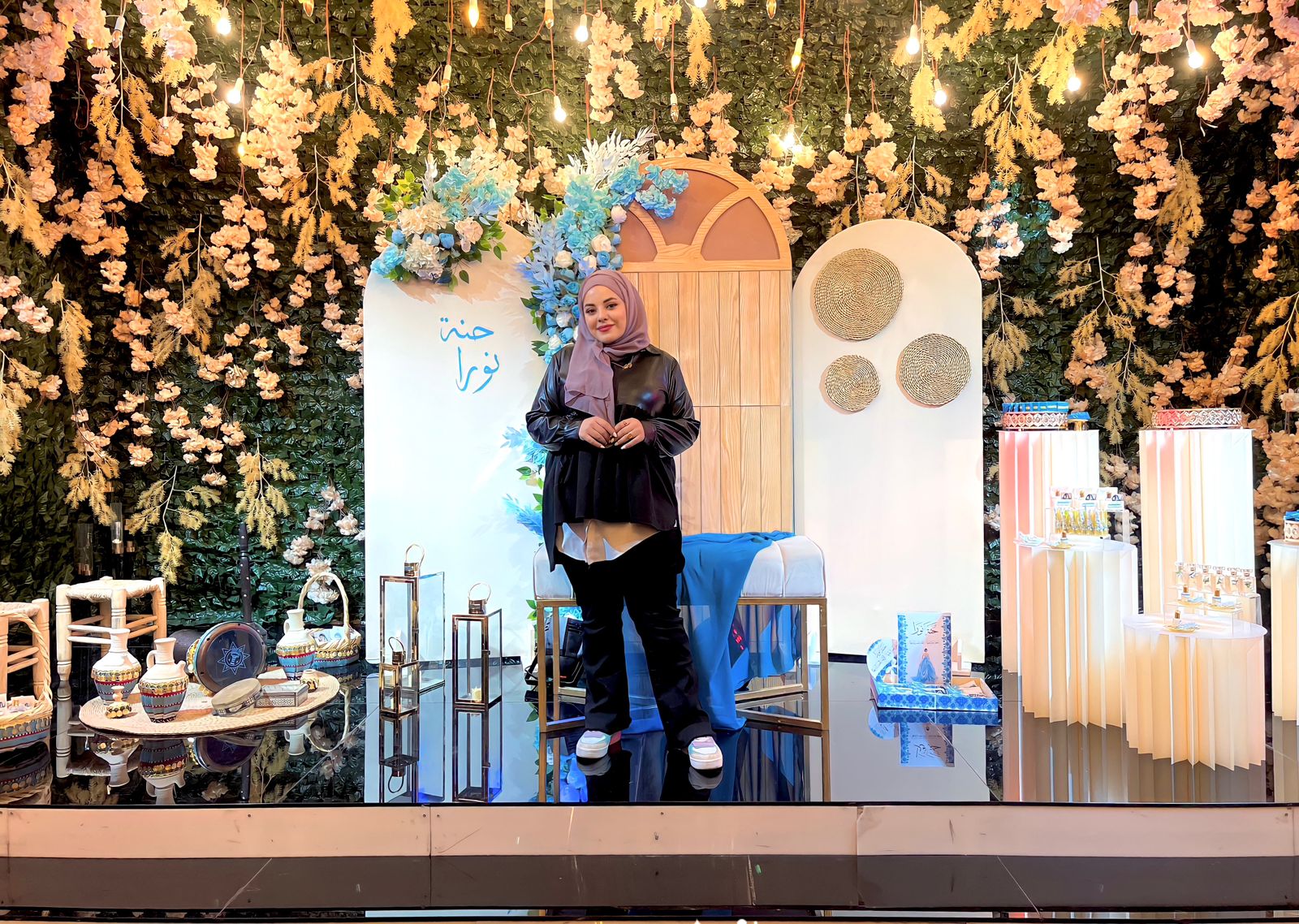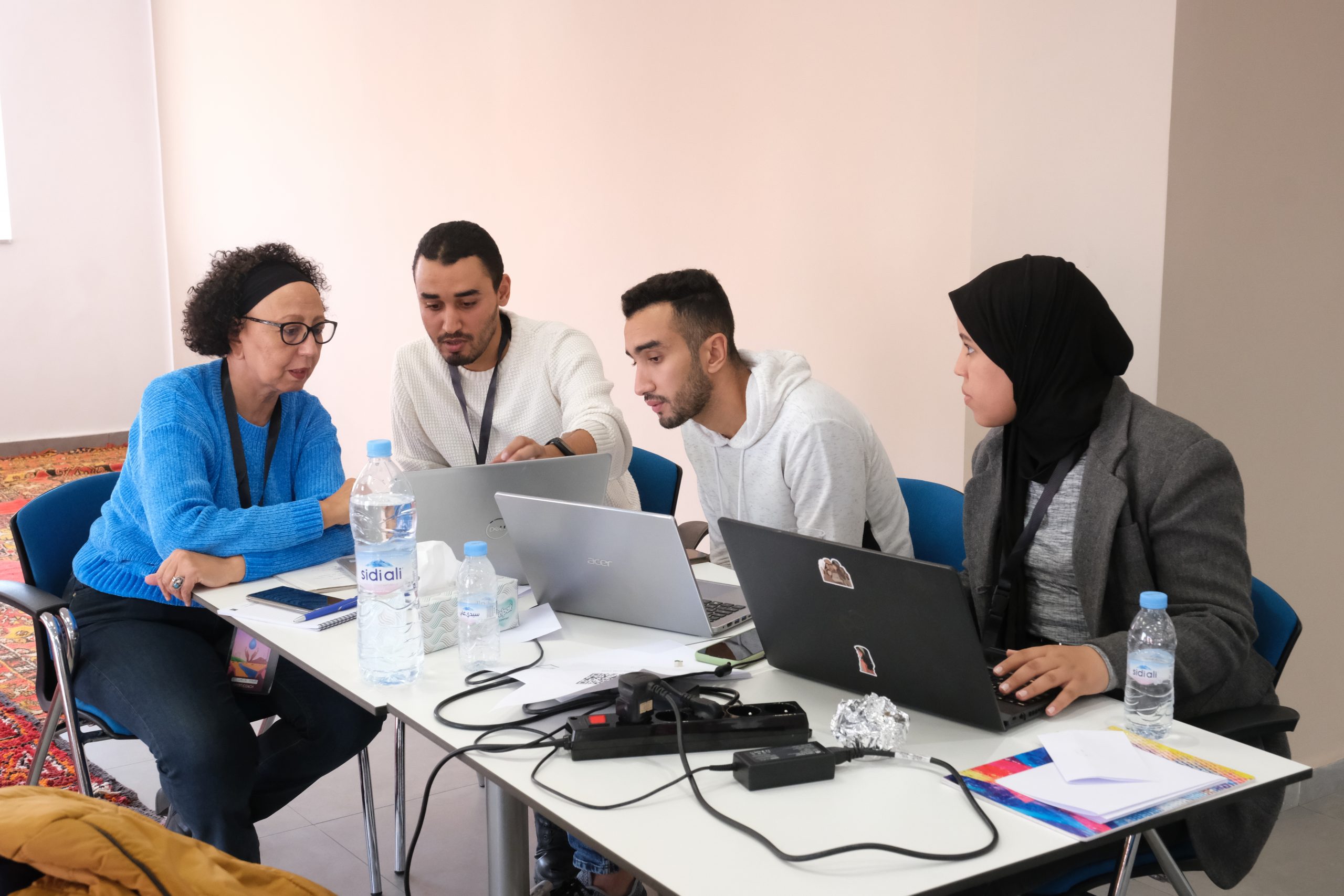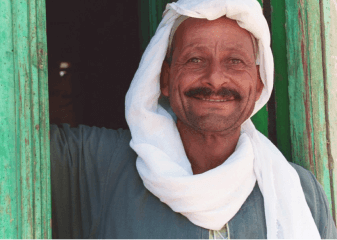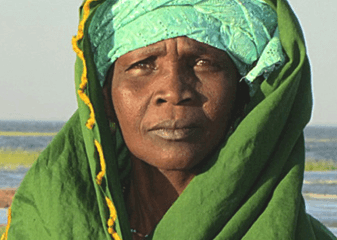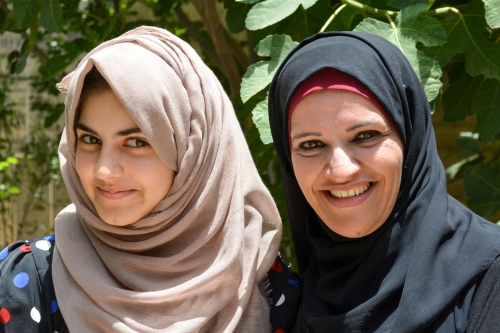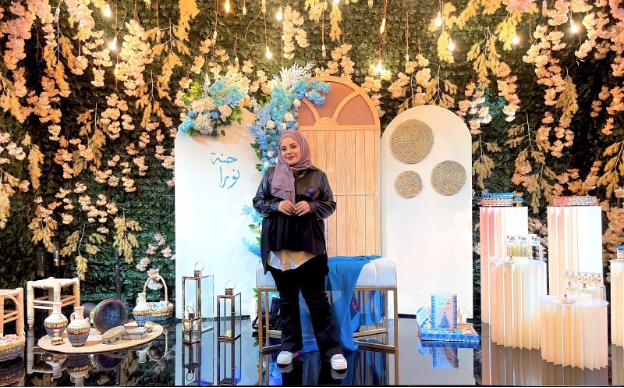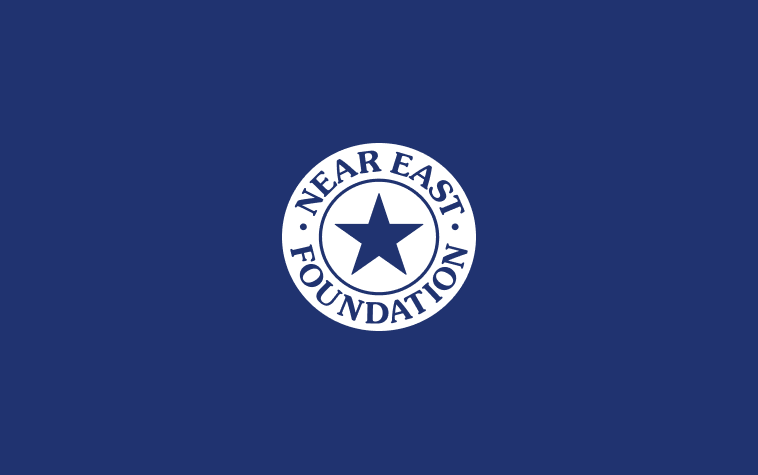Jordan
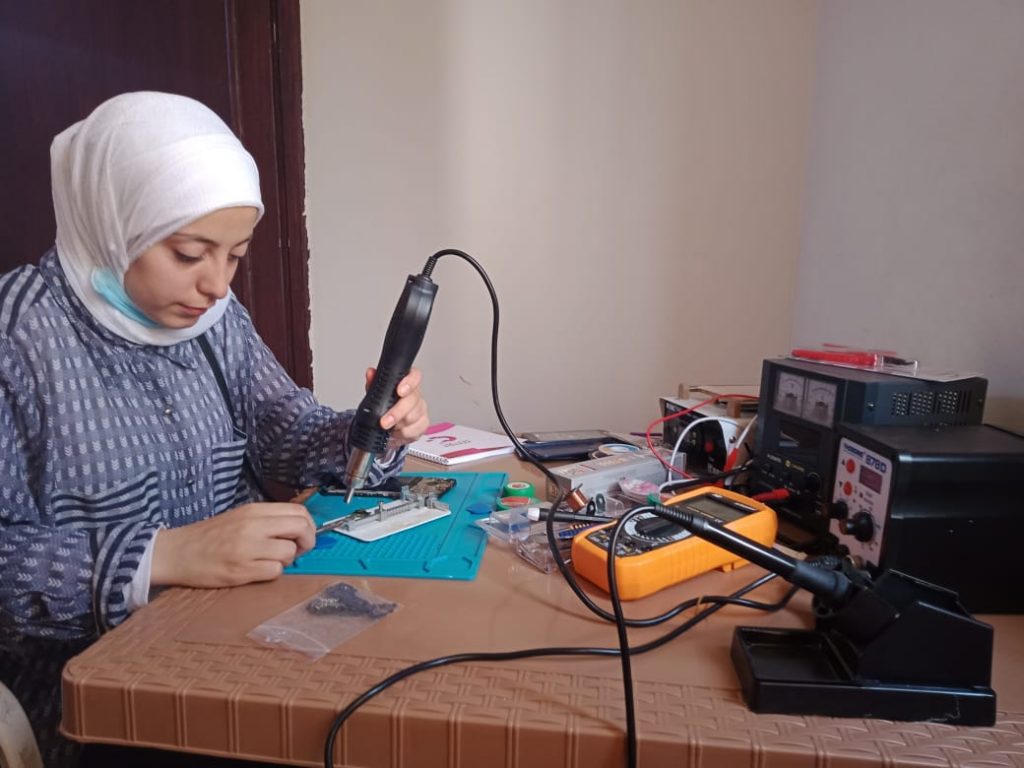
- Home
- Where We Work
- Jordan
Overview
Near East Foundation has pioneered many of its social and economic development approaches in Jordan, where it has operated without disruption since 1937. In 1971, the late King Hussein awarded NEF the prestigious ‘Star of the Second Order’ for its contributions to Jordan’s social and economic development.
Jordan hosts the second highest refugee population per capita (in 2022, the country hosted more than 760,000 refugees), and 90% of Syrian refugees residing there live below the poverty line. Continued increases in the cost of living combined with limited economic opportunities stifle the efforts of host communities and refugees to become financially stable.
With the growing international consensus that humanitarian relief and cash assistance do not offer sustainable pathways for refugee and host communities, NEF is committed to building the long-term resilience of Jordanians and refugees. NEF provides a tested and community-based approach for engaging refugees and vulnerable Jordanians in enterprise development. NEF partners with local community-based organizations to deliver livelihood support, which includes business skills and vocational training, business coaching, business start-up grants and material support (seeds, machinery, etc.).
Programs
The People
Our work is inspired and driven by the people and communities we serve. The people we meet are strong and resourceful, yet challenged by various complexities and barriers. Their stories of resilience and determination prove that partnering and investing at the community level is the most effective way to create meaningful and lasting change.

